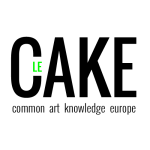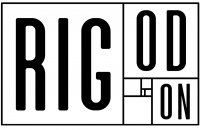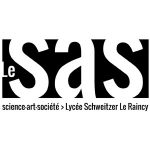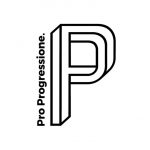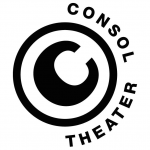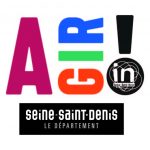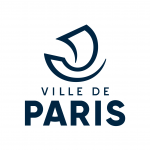LeCAKE
LeCAKE (Common – Art – Knowledge – Europe and Ecology) is a European project of cultural innovation
which is part of a logic of ecological transition.
Project
LeCAKE Train aims to be a vector of ecological transformation by equipping cultural organisations with suitable tools to drive their transition.
Productions
Design of a common base of knowledge, skills and resources for the cultural sector. 4 themes explored and broken down into educational modules.
Partners
7 cultural organisations and 1 think tank from 6 European countries and 20 associated partners are involved in this Erasmus+ supported partnership.
Project
The environmental priority is at the heart of the LeCake project. For two years, the partners will take ownership of the challenges of climate change by designing learning tools adapted to the cultural sector in which they operate.
LeCake Train wants to be a vector of ecological transformation for the members of its consortium, the associated partners, and more generally all small cultural organisations by its value as an example. It wants to embody the idea that the ecological transition can become desirable, by creating new collective narratives highlighting its creative and innovative potential.
Rather than taking a reduction-limitation-abandonment approach, LeCake Train wants to engage in a long-term structural approach. An approach that triggers appropriation, innovation and emancipation through respect for the environment and the fight against climate change.
By working on the issue of ecological transition at the European level, LeCake Train will encourage greater commitment from partners who will find in the collective effort the satisfaction of being actors of their change. They will be able to tell a story of transformation together that they will be proud to share.
The first objective of LeCake Train is to mobilise 7 small cultural organisations and 1 think tank in an ecological transition process. Recognising that this process must be long-term, our organisations want to have a common base of knowledge, skills and resources to enable them to be “equipped” to lead their transformation.
To translate this objective into a programme, the partners have set themselves a second objective: to define 4 themes to be explored and to transform them into educational modules. These modules will be shared, tested and evaluated internally with 20 associated partners.
As an extension of this design, the partners aim to publish and widely promote these tools to cultural actors in the broad sense, including education and citizenship. These freely available tools will irrigate the cultural sector and stimulate the creation of projects contributing to the transformation of our societies.
LeCAKE Train aims to make an impact in the field of adult education and training, by including young adults and more experienced professionals in a collaborative process. Each structure will host a tandem of young ambassadors composed of a local volunteer and a European sent by another partner, in order to involve young people in the process in each structure.
LeCAKE Train proposes a project approach capable of inspiring cultural actors. It aims to combine education and training in a logic of creating new projects that carry the values transmitted during the experience. The learning proposed by the project will stimulate the capacity for innovation of the members of the partner structures to give them a taste for a sustainable approach to their new projects.
The story of a transformation and emancipation resulting from the experience will contribute to inscribe the ecological values of Cake in the software of each partner, and then serve as an example to other actors in the culture-education-citizenship sector.
Productions
This collection of tools will consist of 4 chapters of 4 modules, i.e. 16 modules. They will be published in free access for any cultural actor wishing to engage in an ecological transformation.
The standards of the ecological transition
4 references of the ecological transition transposed and adapted to the cultural sector to gain skills and stimulate ideation: The EU Green Deal, the New Bauhaus, the 17 UN Sustainable Development Goals and the IPCC reports.
The proposals of the Shift Project think tank
4 modules taking up and adapting the conclusions of the report “Decarbonising Culture” published by The Shift Project in December 2021, to small cultural structures in a European context. This will be the software for future LeCake projects.
New models for the cultural sector
4 modules exploring inspiring examples of innovation in a logic of ecological transition. For example, places providing all the resources necessary for the creation of projects (Fablab, social innovation laboratory, incubator…)
Artistic skills for ecology and sustainability
4 modules offering creative tools to design projects in a collective and ecological approach. The LeCake partners pool their artistic skills to contribute to the ecological transition and inspire.
These 16 modules are structured in the form of educational sequences in 3 parts:
- knowledge acquisition and discussion among learners,
- meeting with experts and questions and answers on inspiring examples,
- and finally an ideation workshop to convert this learning into proposals.
Calendar of the project
Partners
The project is led by 8 European partners:
- Paris, France
La Transplanisphère (coordinator)
The Shifters, association of friends of the Shift
Le sas, Sciences Art Société - Budapest, Hongary : Pro Progressione
- Gelsenkirshen, Germany : Consol Theater
- Rieti, Italy : Teatro Rigodon
- Evora, Portugal : Ex-Quorum
- Athènes, Greece : Ohi Pezoume
The project is supported by Erasmus+ Strategic Partnerships.


